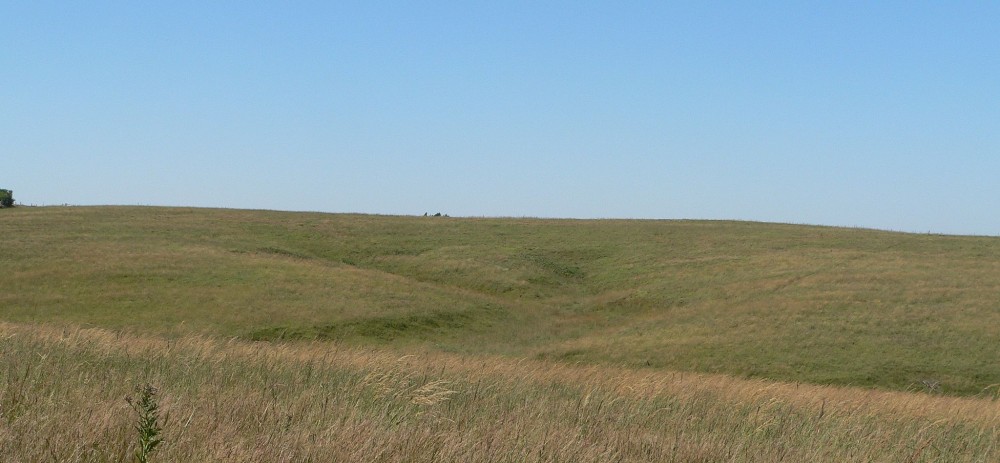The Hunger Games by Suzanne Collins is a story that has many elements that I like. Dystopian future stories (Planet of the Apes, Logan’s Run, even Mad Max) all are guilty pleasures. Add in the gladiatorial aspect (a featured motif in a bunch of movies like, well, Gladiator) and a quest story (Lord of the Rings) and you have a lot to pull from.
This is a story that is always moving forward. The heroine and storyteller, Katniss, goes from a grim, but functional life in District 12 of Panem to being the center of a death-dealing media circus in the space of a few days. That sort of jump-started narrative propels the story. It makes for good reading.
On top of the movement from District 12 poverty, to beautiful Capitol City hypocrisy, to arena danger is a wealth of information. Suzanne Collins builds a whole world, both physical and political, that is interesting to learn about. Yes, there are occasions where there’s a kind of quick download of facts, but most of it comes across in a timely, careful way. The author has skills and she uses them effectively.
I may write more about the book in a bit, but I thought I’d get at least these few thoughts down. I also watched the movie version of the book last night. And, no surprise, the book was better. The visuals of the film were fine, but the details and backstory of the written word are just so much richer.
